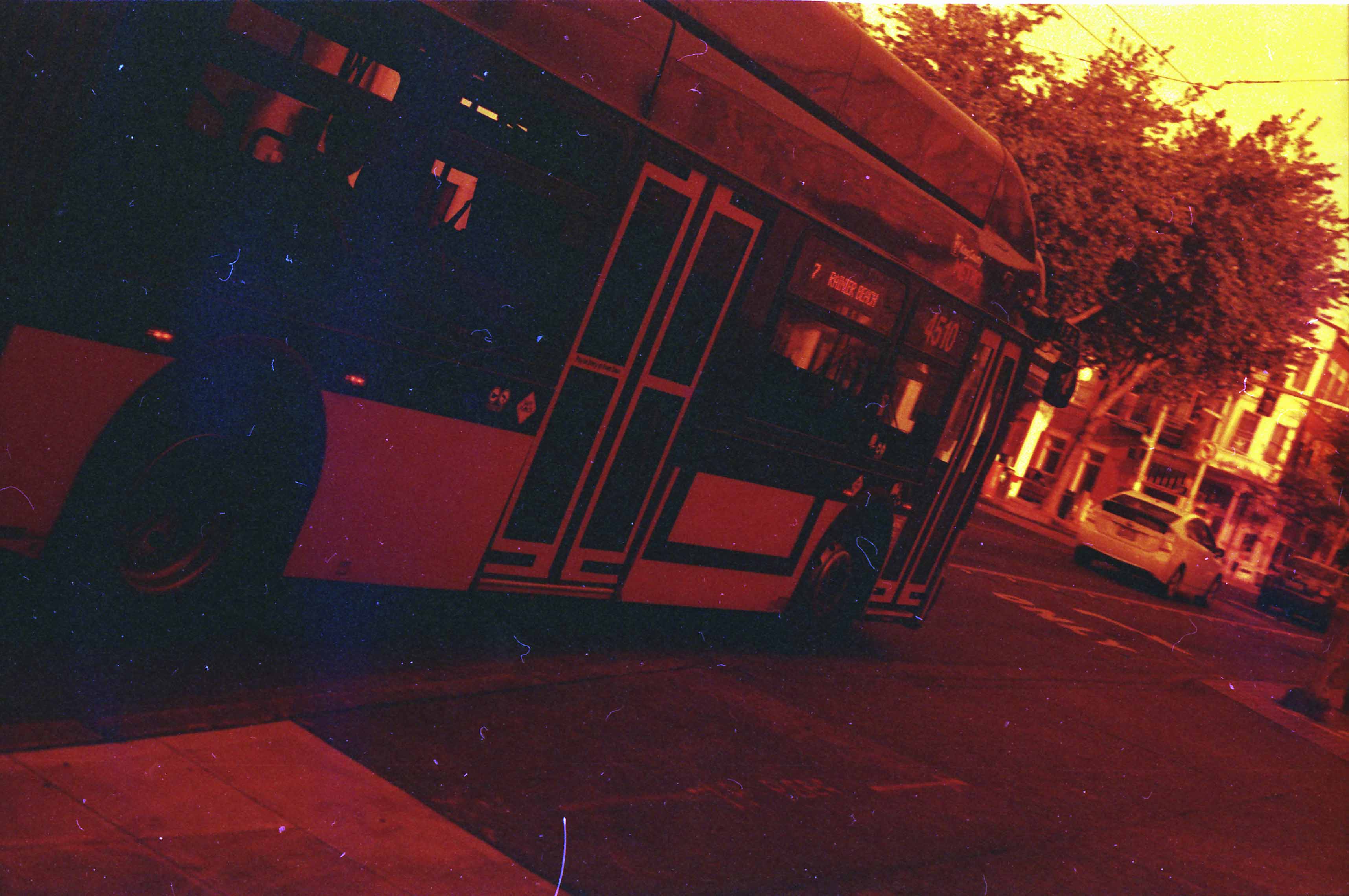“Hey, he’s smoking crack! You need to get off!”
That’s the African man seated across from them, noticing something amiss. Crack cocaine has no odor, but this fellow is primed to pay attention; he’s a nighttime security guard on his way to start a shift, already slipping into observant work mode. I hadn’t seen a thing, and was grateful for his pro-active stance. None of that Seattle Freeze disengagement here.
I took his side on the matter, speaking loudly to the father-son pair who were about to do the deed. It was mainly the middle-aged father who was in need, beads of sweat on his bald pate, with unsteady hands holding the materials. The son—I really hope that wasn’t his son, just a younger accomplice—was more put together, having the advantage of a newer body on his side: less years of abuse.
Tone of voice is everything. In certain circumstances, like this one, it’s the only tool through which you communicate respect. That key difference can completely change which universe you step into next. I spoke loudly and firmly, but kindly. The voice of a friendly babysitter, but with more bass:
“Okay no smoking on the bus you guys, that’s bad manners. We’re not gonna call the cops, that takes too long. Thank you guys, ‘ppreciate it.”
Incredibly, they were sitting right up front. The sweat-dripping father seemed relieved and grateful, returning my sentiments with thanks of his own, as willing to show me respect as I did him. The idea of not calling police seemed particularly appealing, not just for him, but for everyone else too. He thanked me several more times. The son helped him off the bus later on, taking a moment to thank me as well.
Ibrahim, another man who looks middle-aged but is probably younger, is known by many drivers for his tendency to smoke illegal substances on buses. He has the damaged and blistered lips one gets from overexposure to the high temperature of crack pipes, and frequently falls into coma-like napping episodes from being zonked out on “spice,” a relatively new street concoction (it looks like pot. It isn’t. More here).
Ibrahim almost never abuses himself on my bus, though. I take that as a sign of respect, and I am grateful for it, for partly my sake but more importantly that of his body.
He got on once, more excited than usual. We bumped fists as he exclaimed, “hey. I’m leaving soon! In December!”
“What? where you goin’?”
“I got permit for translation my language. In Yakima. You know?”
“Yes, Yakima!”
“They won’t give me here, only in Yakima.”
“Congratulations!”
“It was three people in line,”
“But now it’s you, it’s almost you!”
“Yeah! ‘Cause I don’t speak English very well, but they can help me.”
“It’s good, it’s great!”
“Yeah!”
“It’s good to know you!”
“Yeah! I go sit!”
“Okay!”
Somebody needs to be nice to this guy. Where else will he find role models? What great possibilities lie within him, thoughtful and considerate as he has it in him to be? What roads is he passing by, and which still lie in his grasp?
Surprise me, Ibrahim. I think you have weathered tougher things than I, and it may one day be me asking you for help.
Nathan Vass is an artist, filmmaker, photographer, and author by day, and a Metro bus driver by night, where his community-building work has been showcased on TED, NPR, The Seattle Times, KING 5 and landed him a spot on Seattle Magazine’s 2018 list of the 35 Most Influential People in Seattle. He has shown in over forty photography shows is also the director of nine films, six of which have shown at festivals, and one of which premiered at Henry Art Gallery. His book, The Lines That Make Us, is a Seattle bestseller and 2019 WA State Book Awards finalist.



